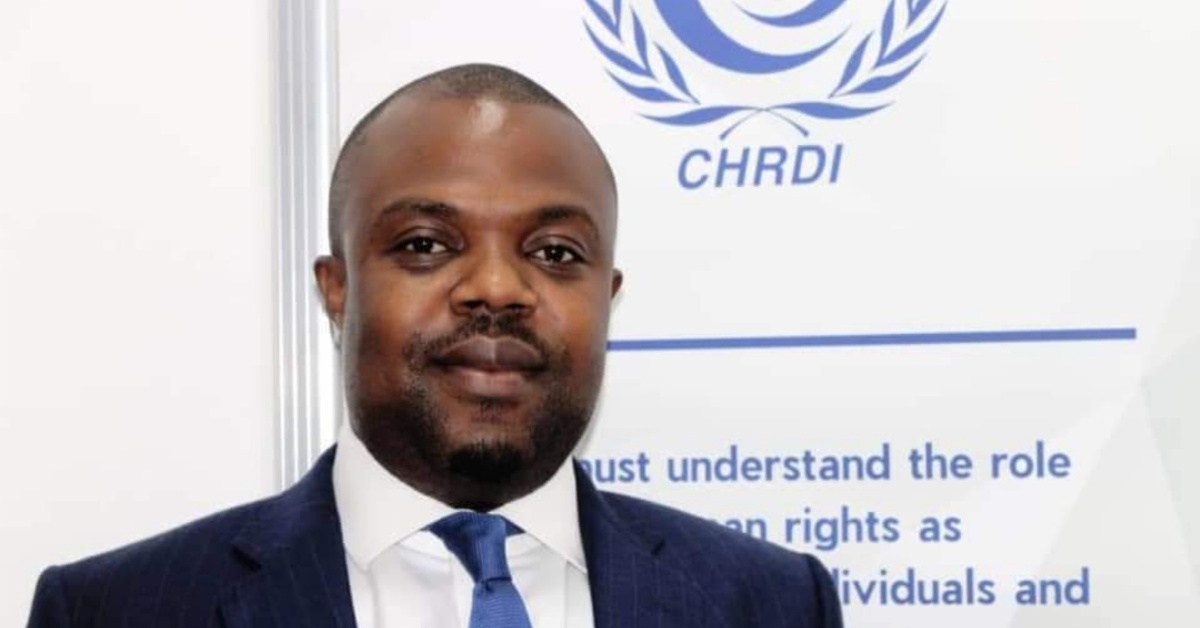The Executive Director of Campaign for Human Rights and Development International (CHRDI)Abdul M Fatoma has underscored the importance of inclusive electoral review processes in ensuring fair and transparent elections.
Highlighting the complexity of such processes, CHRDI emphasizes the need for legal, administrative, and political reforms to enhance the electoral system.
Sierra Leone hosted a pivotal three-day conference in August 2021, focusing on its electoral roadmap and proposing positive changes. Titled “Accelerating the National Electoral Legal Reforms Agenda for Enhanced Public Credibility and Continued Democratic Consolidation During the 2019 to 2023 Electoral Cycle,” the conference resulted in recommendations that were implemented in the 2023 elections, notably increasing female candidates’ participation.
To further enhance the electoral process, CHRDI advocates for well-planned and effective collaboration between politicians. This collaboration should address three main types of reforms: legal, administrative, and political. Legal reforms entail amending the constitution and electoral laws to strengthen the legal framework. Administrative reforms aim to introduce new strategies and technical innovations for efficient and accessible voting. Political reforms involve changes to the political environment, such as empowering the Election Management Body (EMB) and ensuring transparent funding and accountability.
As Sierra Leone gears up for another electoral review process in 2024, CHRDI emphasizes the importance of civil society organizations’ involvement in decision-making. Despite being invited to consultative meetings, civil society organizations are not directly involved in the decision-making process.
To ensure that reforms are inclusive and address the needs of all stakeholders, CHRDI urges meaningful engagement with civil society organizations, promoting fairness, transparency, and accountability in the electoral system.











